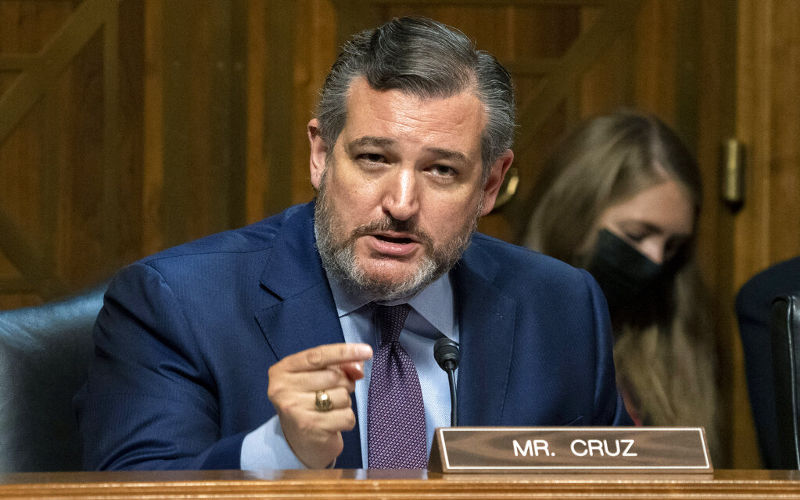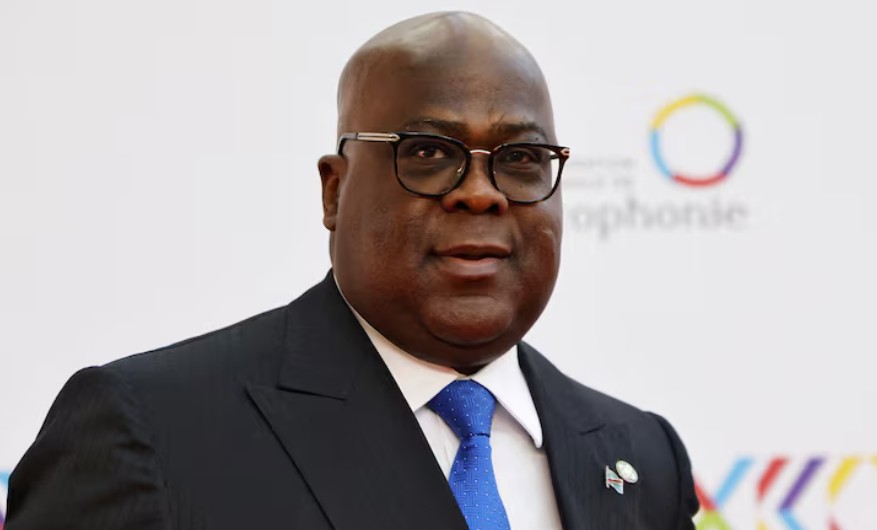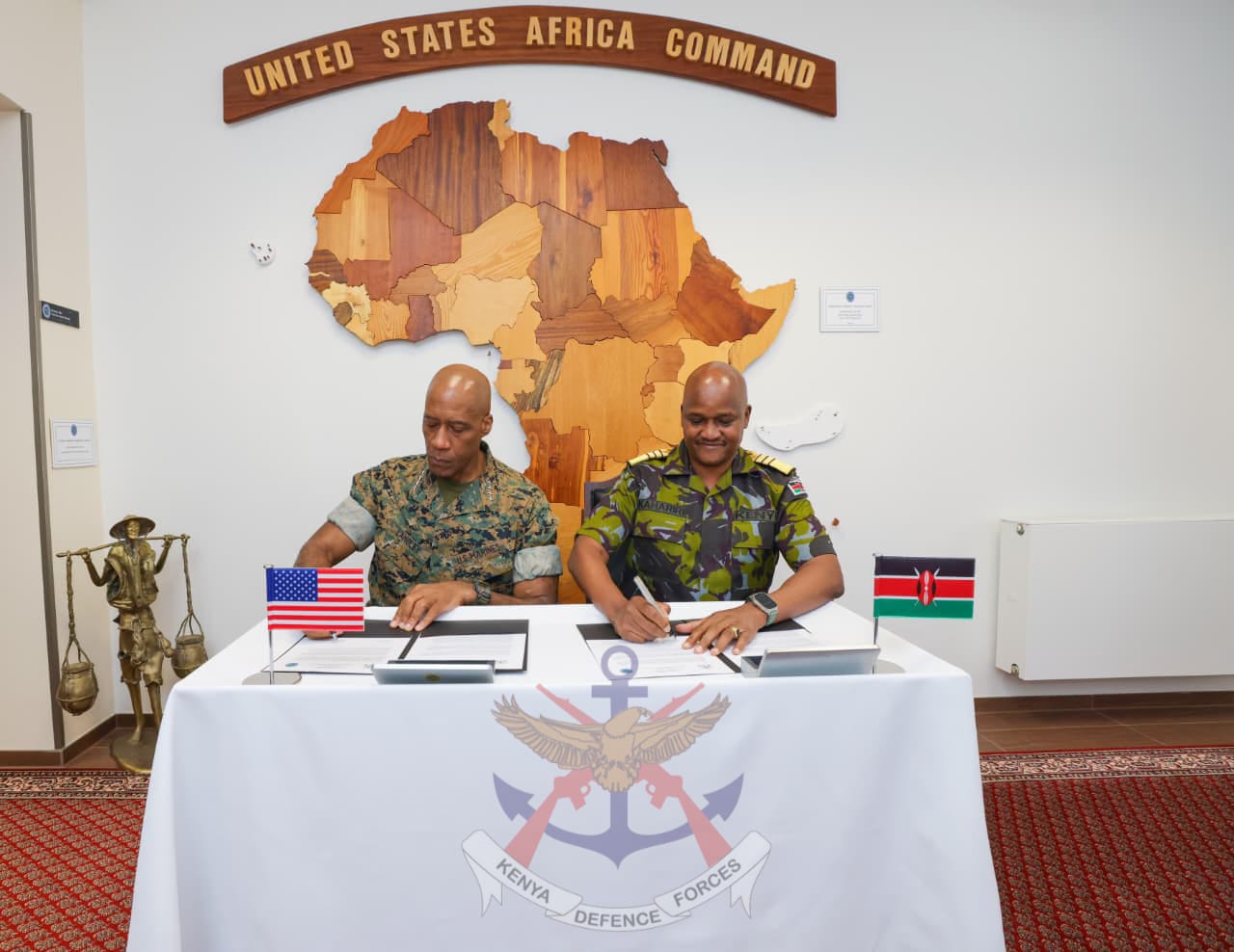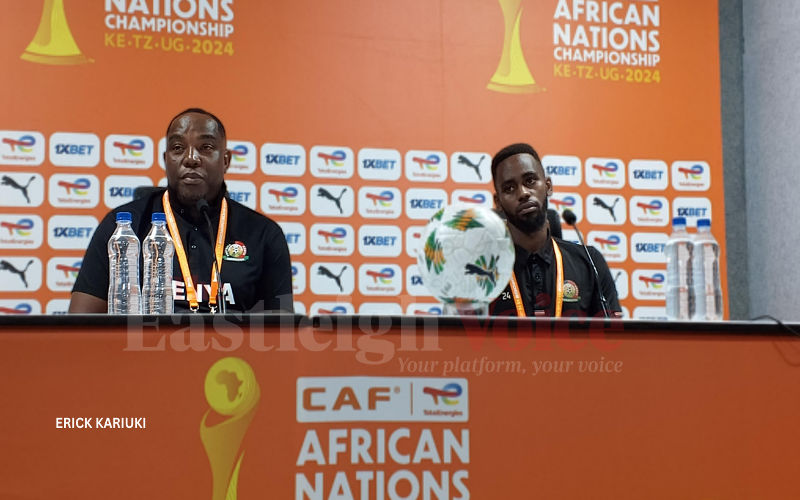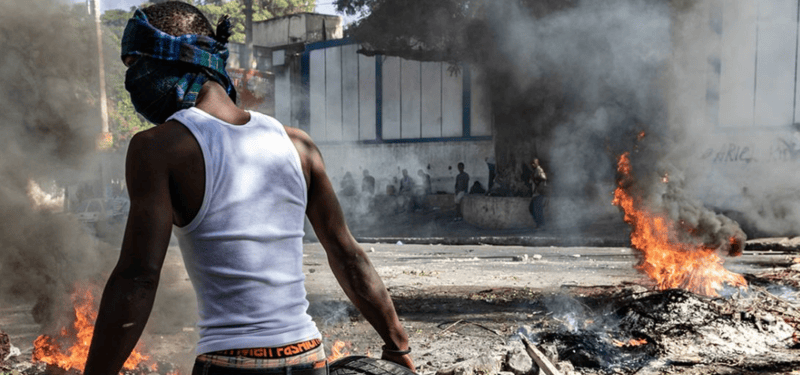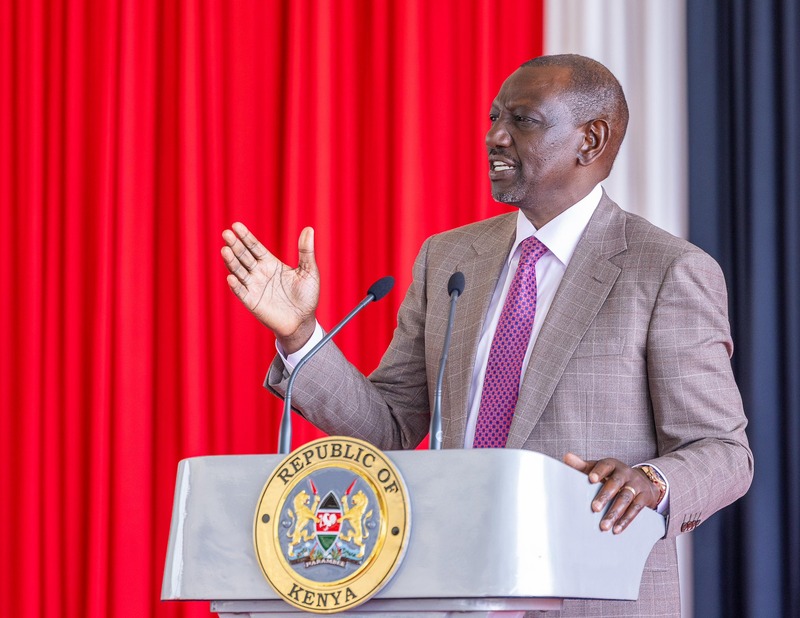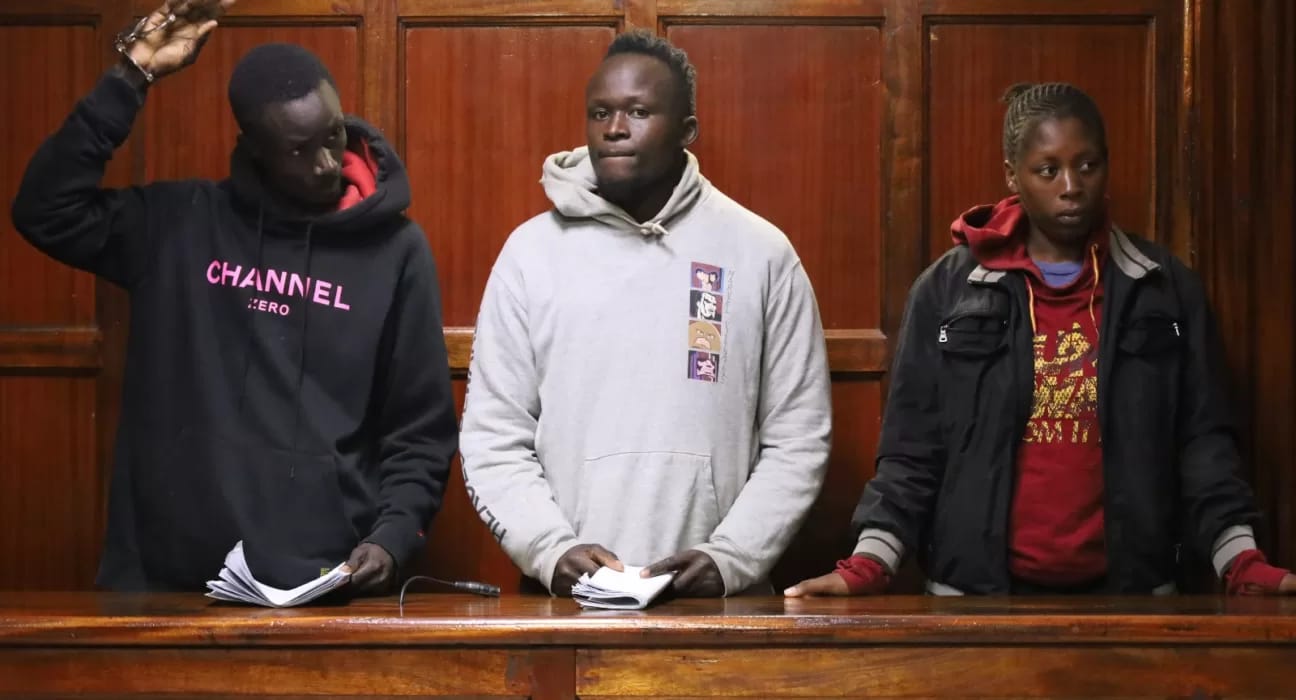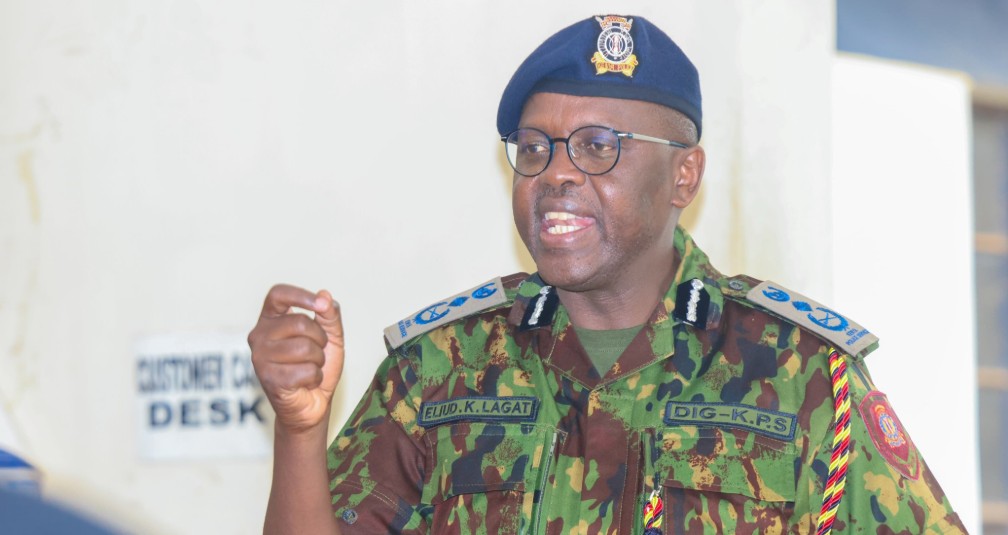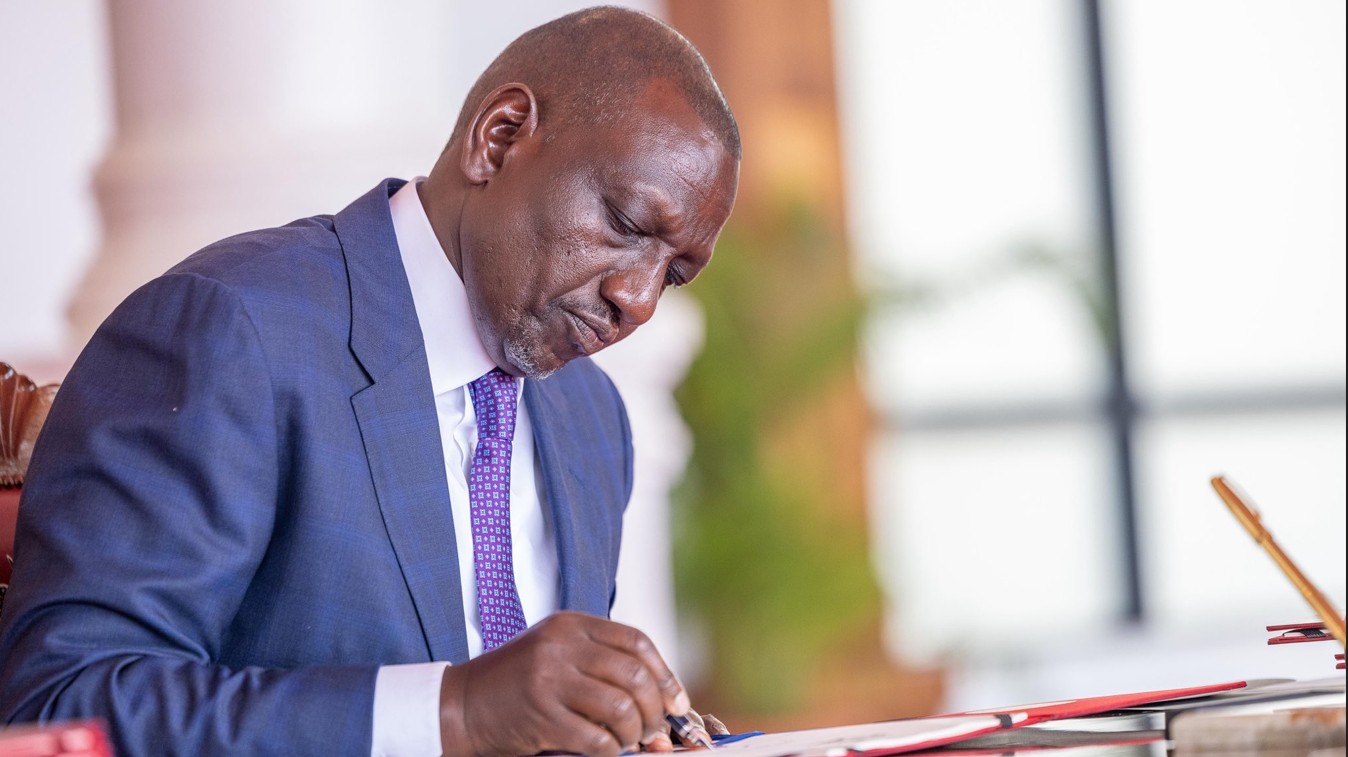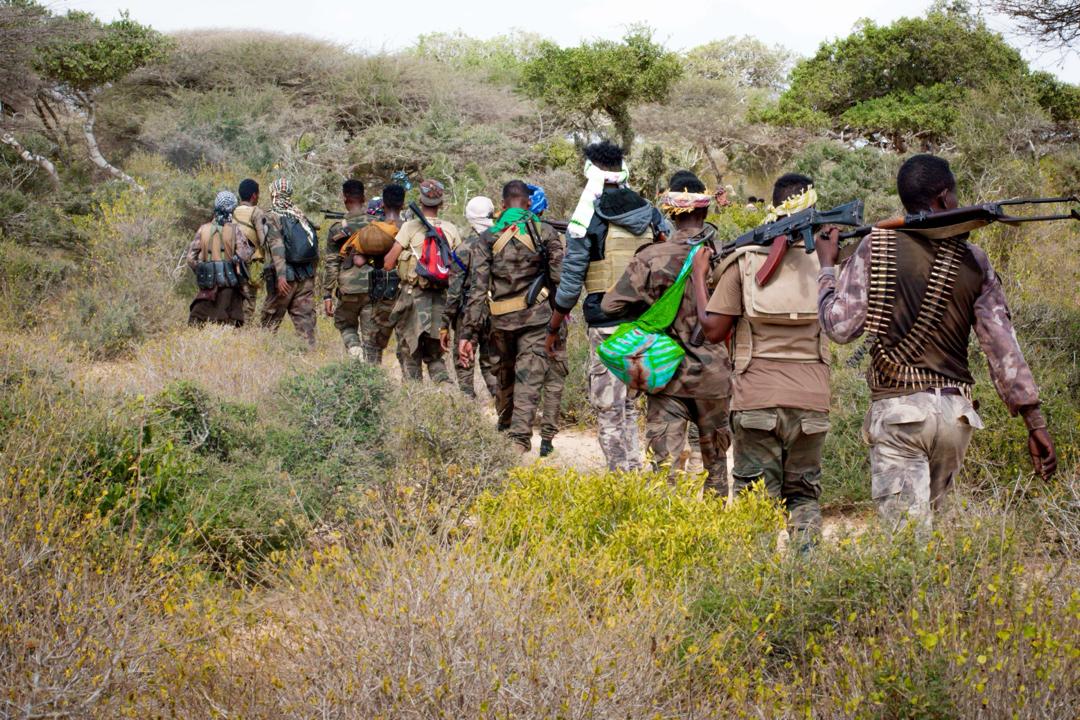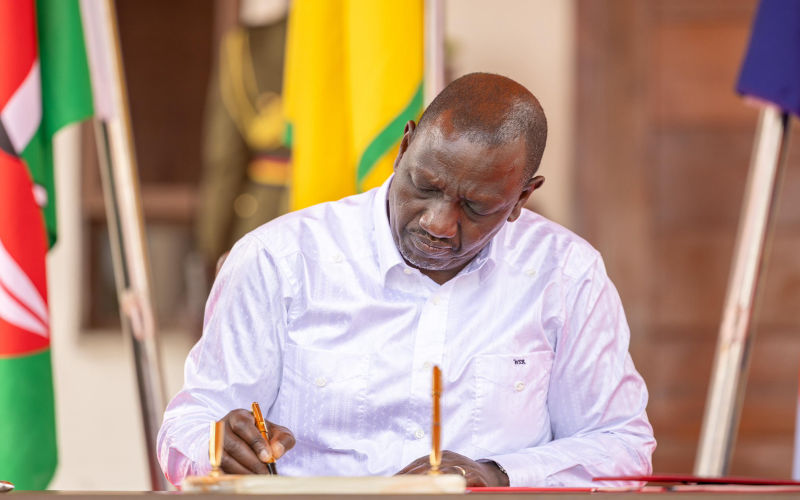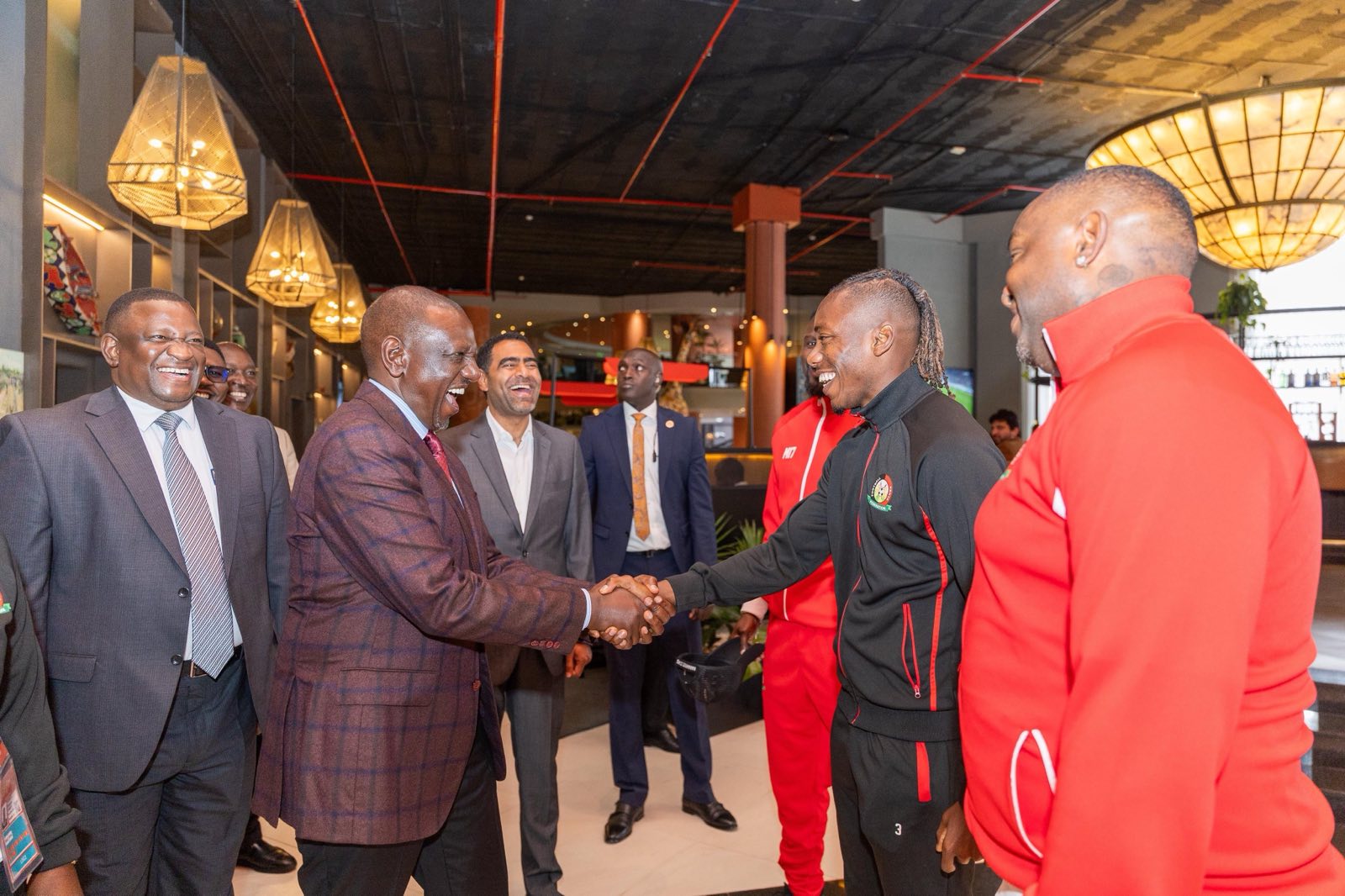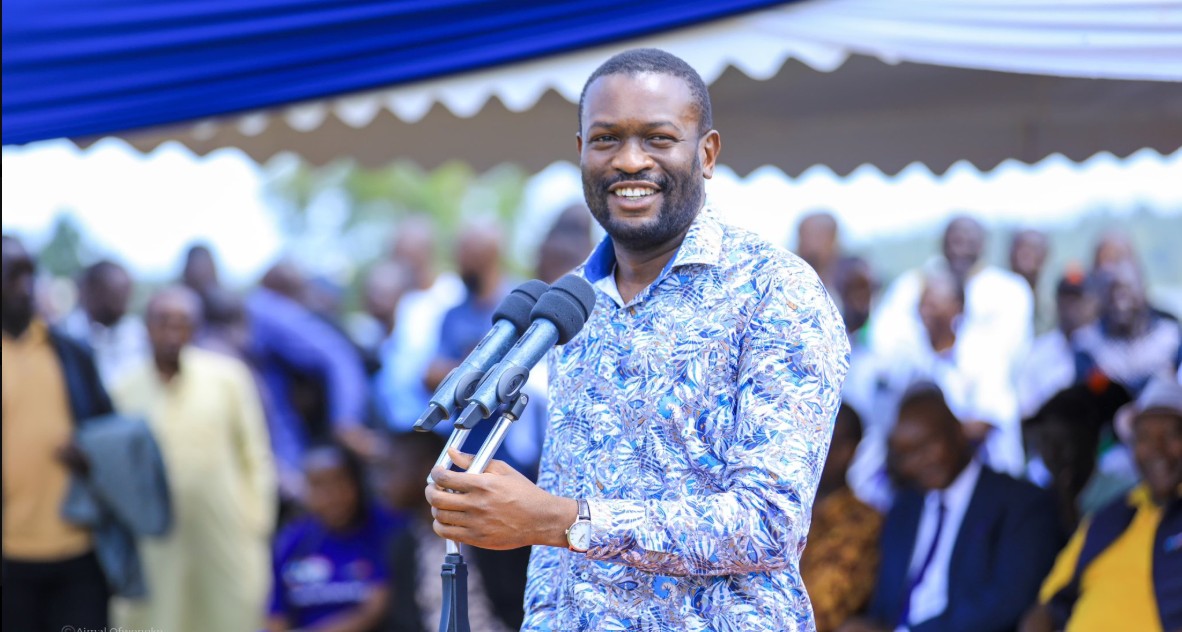Govt mulls introducing Kiswahili exclusive speaking day for all Kenyans
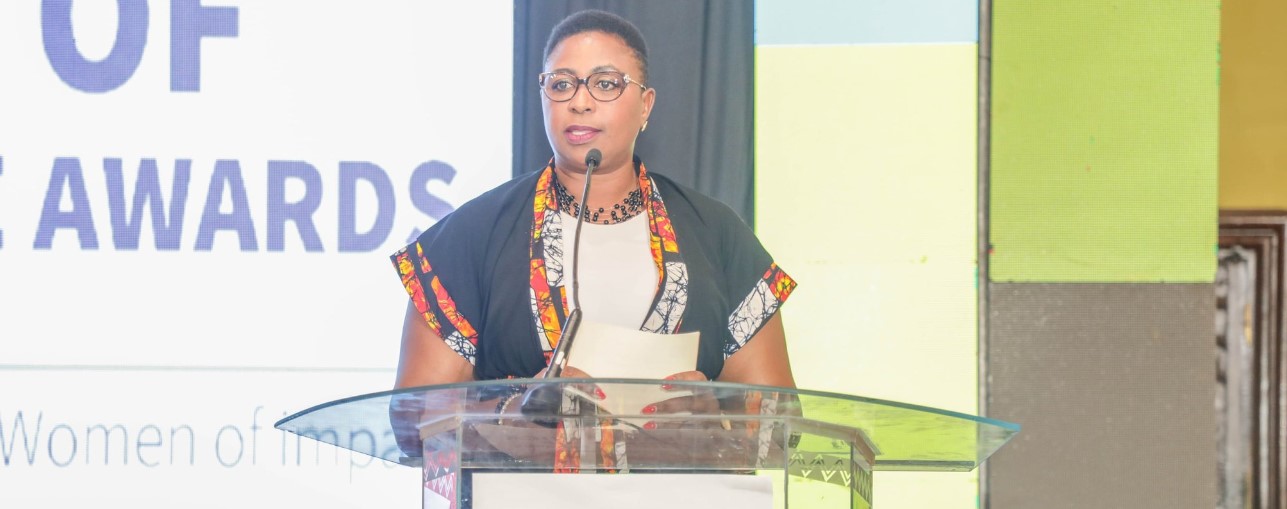
According to the CS, the government is exploring establishing a special day for all Kenyans, including the President, judges, civil servants, and teachers, to communicate exclusively in Kiswahili.
Kenyans may soon have a day dedicated to speaking Kiswahili exclusively in communication if plans by the government succeed.
Gender, Culture, Arts, and Heritage Cabinet Secretary Aisha Jumwa, while speaking during the commemoration of World Kiswahili Language Day, revealed plans to promote the language by increasing its use among Kenyans, especially civil servants.
According to the CS, the government is exploring establishing a special day for all Kenyans, including the President, judges, civil servants, and teachers, to communicate exclusively in Kiswahili.
More To Read
- From Bungoma to the world: How I turned passion for Swahili into global classroom - Abdulkarim Murunga
- How Kiswahili is building a cultural bridge between China, Tanzania
- Rwanda to host 2025 World Kiswahili Language Day celebrations in Kigali
- Kiswahili and French recognised as official languages of the EAC
- 'Panya route' joins Oxford English Dictionary as second Swahili word
- Why all college and university students should learn Kiswahili
"In Kenya, we are discussing the possibility of designating a special day, possibly the 7th of July, for everyone to speak exclusively in Kiswahili," she said.
She called on the East African Community (EAC) to actively take a leading role in developing and embracing the use of Kiswahili, as this will culminate in promoting and celebrating the language's rich cultural heritage and fostering its unifying impact across the region.
Jumwa, who delivered the keynote address during the official opening session of the 2nd East African Kiswahili Commission (EAKC) International Conference, said the development of Kiswahili and other African languages is the only way to attain global competitiveness.
"Kiswahili is spoken by over 200 million people worldwide. This demonstrates that our efforts to promote the language are yielding results, and we should continue to advance these efforts," she stated.
According to her, the government is in the process of coming up with National Kiswahili-Speaking Day as part of efforts to promote the language at the national level.
She explained that there is an ongoing initiative in its final stages to come up with the National Swahili Council, which will be tasked with developing specific strategies, methods, and policies required to promote and develop Kiswahili in the country in conjunction with national and private actors.
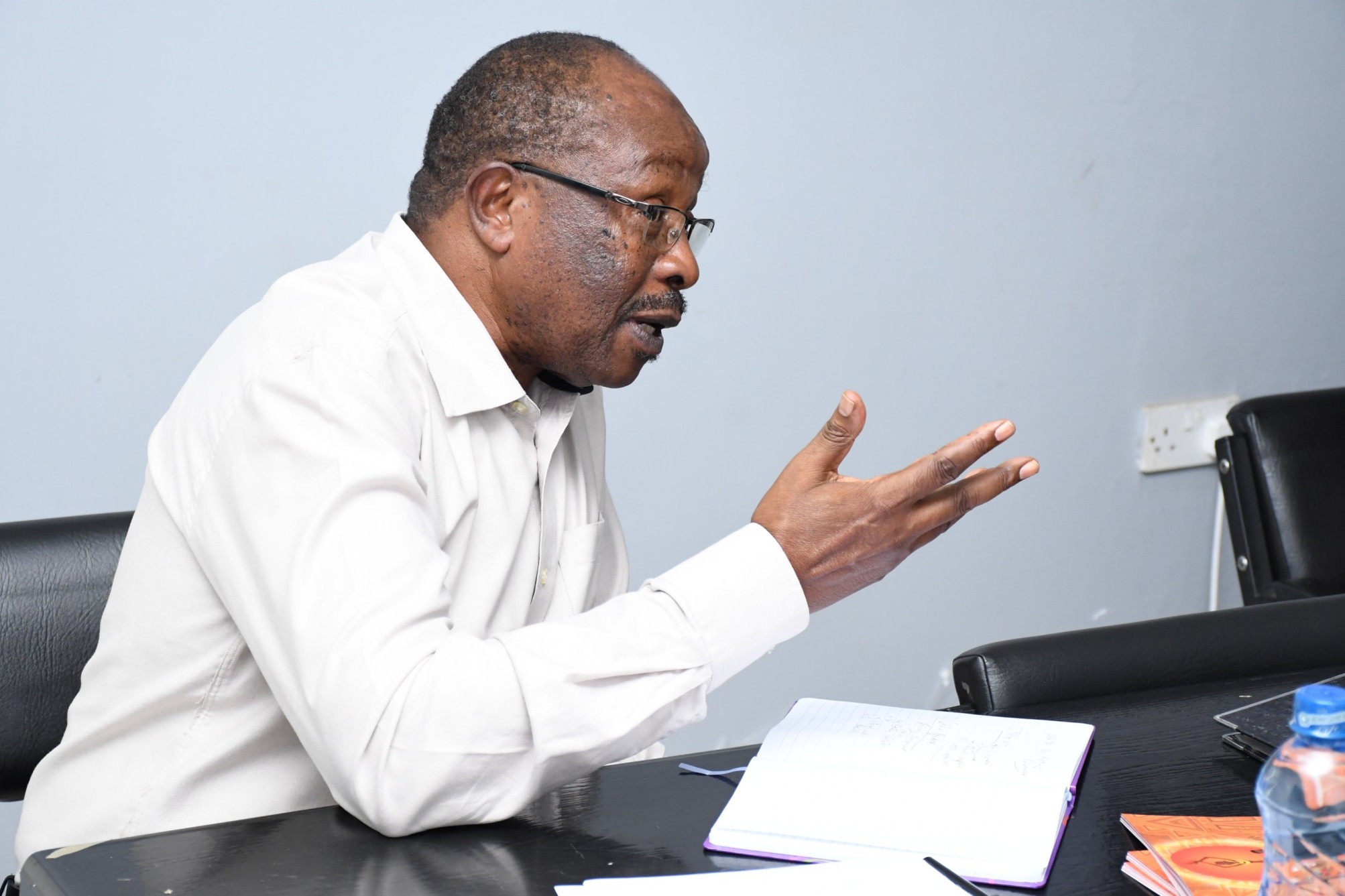 Prof. Kimani Njogu said on Friday, July 5, 2024, that Kenya is ready to host the Kiswahili Day celebrations. (Photo: Prof. Kimani Njogu)
Prof. Kimani Njogu said on Friday, July 5, 2024, that Kenya is ready to host the Kiswahili Day celebrations. (Photo: Prof. Kimani Njogu)Prof. Kimani Njogu, on Friday, July 5, 2024, said Kenya is ready to hosting the Kiswahili Day celebrations. (Photo: Barack Oduor)
The two-day conference precedes the 3rd EAC World Kiswahili Language Day set for Sunday, July 7. The three-day celebrations are aimed at exploring the role of Kiswahili and multilingual education in fostering a culture of peace.
Among the Kiswahili promotion lobbies that attended the celebrations were Chama cha Kiswahili cha Taifa (CHAKITA), Chama cha Ukuzaji wa Kiswahili Duniani (CHAUKIDU), and Chama cha Wanahabari wa Kiswahili (CHAWAKI), among others.
Kiswahili scholars and enthusiasts from East Africa and other countries also attended the event, including Prof. Kimani Njogu, a linguist and literary critic. Njogu, a cultural scholar who was part of the organisers of the event, said that Kenya has made strides in the promotion and honouring of Kiswahili, but a lot still needs to be done.
The three-day events under the theme Kiswahili, Multilingual Education, and the Enhancement of Peace provided a platform for Kiswahili stakeholders to share knowledge, evidence from research, best practices, experiences, and worldviews on the role Kiswahili education plays in the enhancement of a culture of peace.
The objective of the 3rd EAC World International Kiswahili Day and the 2nd EAKC International Conference is to explore the role of Kiswahili and multilingual education in fostering a culture of peace.
The celebrations, organised by the East African Community (EAC) and the government, brought together a diverse group of stakeholders, including researchers, academics, practitioners, students, policymakers, language councils, language associations, the media, and other Kiswahili advocates from within the EAC and beyond.
Participants are expected to use the three days of the conference and celebration day to discuss how Kiswahili and multilingual education are and can be used to educate society on the enhancement of peace at local, national, regional, and global levels. The meeting will also consider policy implications for the use of Kiswahili and multilingualism for peace education.
Top Stories Today

